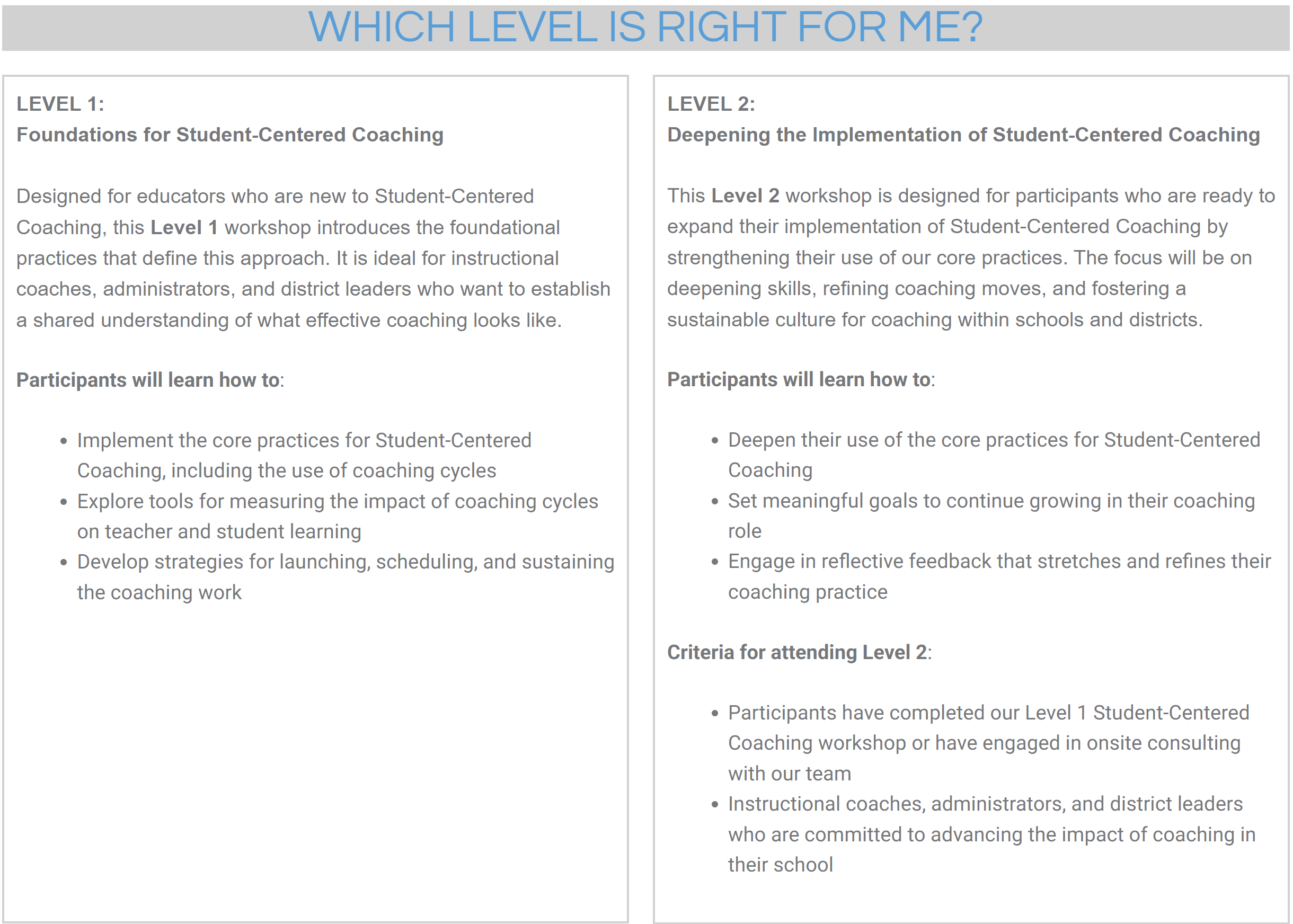The field of school counseling is abuzz with words like “data,” “alignment,” and “comprehensive” – and rightfully so. In January, Heidi Schellinger wrote a blog on implementing a comprehensive school counseling program leveraging best practices and recommendations from the American School Counselor Association (ASCA). This blog shares insights on establishing a strong foundation for school counseling programs and encouraging you to start where you are. Beyond just implementation, sustaining these efforts is equally crucial. I could write about aligning counseling standards from Pre-K to 12th grade, identifying the gaps and interpreting data, and how to apply the PLC questions to your school counseling program in order to assess learning; however, I want to shift our focus momentarily to other areas that are equally critical for the success and sustainability of school counseling programs.
Heidi writes that the journey to establishing a comprehensive school counseling program is one “toward creating a more supportive, enriching, and inclusive educational environment. By laying strong foundations, fostering collaboration, addressing challenges, and celebrating successes, you’re not just implementing a counseling model – you’re transforming the educational experience for every student.” In order to sustain our school counseling programs, we can use the same framework.
A Strong Foundation
The foundation of school counseling programs is rooted in the experiences and advocacy of past generations of counselors. Their efforts have paved the way for the progress we see today, such as the evolution from “guidance” counselors to school counselors. They have laid the groundwork that we are now building upon. By actively engaging with colleagues, sharing experiences, and learning from each other, counselors can collectively elevate their practice and better support students. The collective knowledge and experiences of all counselors form a rich resource for the profession. Join a professional organization such as Indiana School Counselor Association (ISCA) or Counselor Connect to learn from seasoned counselors in the field. Mentorship opportunities in school counseling can also be a way to sustain your school counseling program and practice, or to give back to the school counseling profession, like those with Counselor Connect.
“By working together, school mental health professionals are better able to identify potential challenges and barriers to student success, and implement targeted interventions and preventive measures to support students before issues escalate.”
Fostering Collaboration
Each member of the school community brings unique insights and perspectives to the table. We know that collaboration between school counselors, administrators, and teachers is critical for the culture and climate of the school and for establishing and sustaining a comprehensive school counseling program. In particular, collaboration with other school mental health professionals and school mental health communities are necessary in providing holistic support to students in school and out. By working together, school mental health professionals are better able to identify potential challenges and barriers to student success, and implement targeted interventions and preventive measures to support students before issues escalate. If you are fortunate enough, lean on your school social worker and community based therapist for a truly comprehensive school mental health team. In terms of professional organizations, I find working with the Indiana School Social Work Association (INSSWA) and Indiana School Mental Health Institute (ISMHI) to be invaluable. Lastly, join efforts in your community and/or county! I meet regularly with the other district counseling and social work leaders in Hamilton County to help sustain our programs and take them to the next level. This work takes intentional effort to find your people and a commitment to open communication, mutual respect, and shared accountability as school mental health professionals.
Addressing Challenges

The school counseling field is chalk full of its own challenges and requires collective advocacy for policies and practices that address systemic issues contributing to counselor burnout, turnover, and job dissatisfaction. Counselor-to-student ratios, state and federal legislation, funding restraints, and lack of prevention programming are some of those challenges we face when it comes to sustaining our programs. Getting involved with the Indiana School Counselor Association (ISCA) and the American School Counselor Association (ASCA) and lending your voice to the advocacy committees and legislative sessions are a few ways to do your part. Unfortunately, the profession is seeing a large number of school counselors leave the field. By advocating for fair compensation, manageable caseloads, and adequate resources to support counselors in their roles we can retain quality school counselors. Without adequate advocacy and support, school counseling programs risk being unsustainable.
Celebrating Successes
When we acknowledge and celebrate our wins, no matter how small, it not only boosts morale but also encourages continued effort and dedication towards shared goals. Celebrate the student who finally came to school every day for a whole week after you tried every intervention in your toolbox, celebrate the smile on the face of a student you have been trying to win over, and celebrate the profession for the leaps and bounds we have made in advocating for the whole child. Celebrating successes and milestones reinforces the collective impact of collaborative efforts and cultivates a sense of pride and belonging. While we celebrate our student successes, take time to celebrate your own success. Pursue those passion projects and set healthy boundaries to sustain your energy and efforts. I find that passion projects give me the boost I need to make it through the more mundane parts of my job like data collection and paperwork.
“Celebrating successes and milestones reinforces the collective impact of collaborative efforts and cultivates a sense of pride and belonging.”
In conclusion, sustaining a comprehensive school counseling program requires a multifaceted approach that goes beyond initial implementation. Building on past experiences, fostering collaboration, advocating for systemic changes, and celebrating successes are integral components of a resilient and impactful counseling program. By embracing these principles, counselors can continue to transform the educational experience and support the holistic development of every student.
Resources
Please login or register to claim PGPs.
Alternatively, you may use the PGP Request Form if you prefer to not register an account.




